Feb 07, 2018 · Provides an overview of Cyprus, including key events and facts about this bitterly divided island.
The earliest attested reference to Cyprus is the 15th century BC Mycenaean Greek ��������, ku-pi-ri-jo, meaning “Cypriot” (Greek: Κύπριος), written in Linear B syllabic script.
While the repression and human rights violations of the Iranian government are well documented, less attention is paid to the specific situation of its ethnic …

The Rwanda genocide was mainly an ethnic conflict between the Hutu majority and the Tutsi ity. The religious split in the country (75% Christian, mostly Roman Catholic, and 25% indigenous) appears to not have been a significant factor.
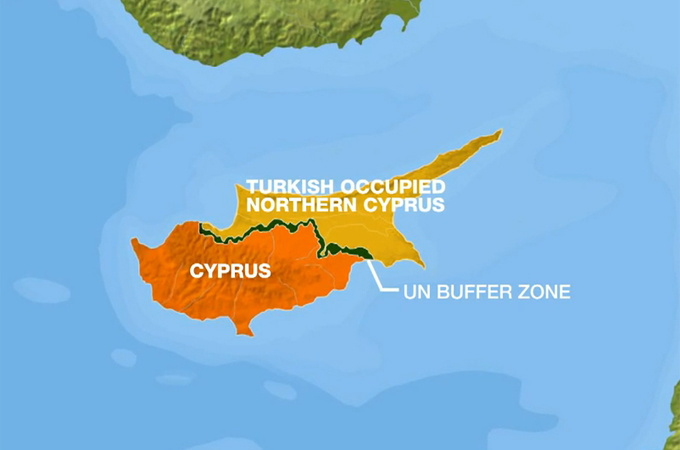
Cyprus – Government and society: The constitution of the Republic of Cyprus, adopted in 1960, provided that executive power be exercised by a Greek Cypriot president and a Turkish Cypriot vice president, elected to five-year terms by universal suffrage, and that there be a Council of Ministers (cabinet) comprising seven Greek Cypriot and three
Definition. Political scientists define a consociational state as a state which has major internal divisions along ethnic, religious, or linguistic lines, with none of the divisions large enough to form a majority group, yet nonetheless manages to remain stable, due to consultation among the elites of each of its major social groups.

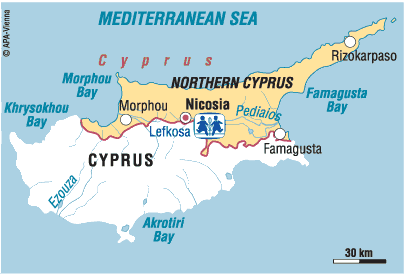
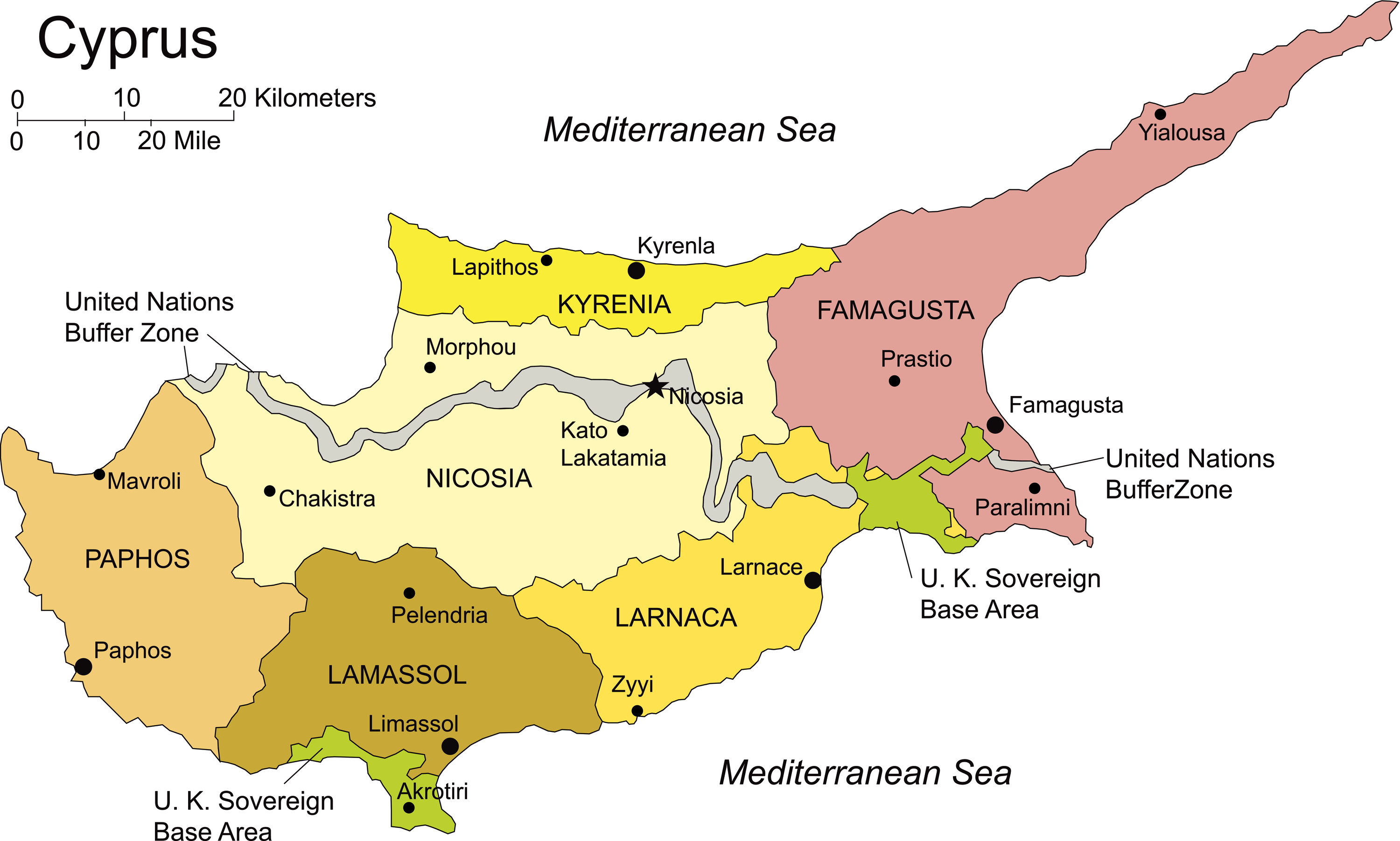
Ottoman Turkish Empire: The Ottoman Empire 1570-1878. In 1570, a full scale conquest under Piyale Pasha with 60,000 troops brought the Island of Cyprus under control of the Ottoman Empire, despite stiff resistance by the inhabitants of Nicosia and Famagusta.
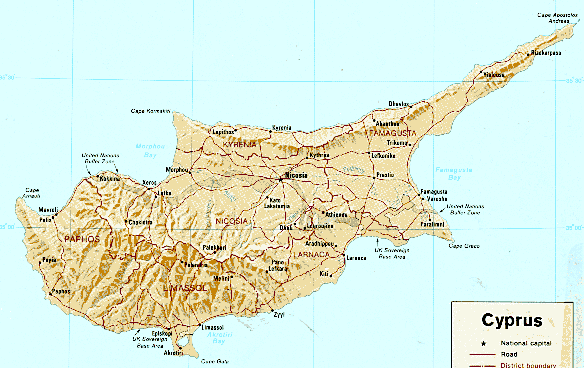
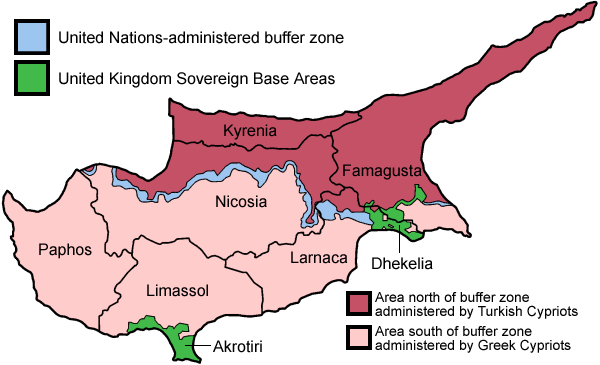


History and Ethnic Relations Emergence of the Nation. The processes of nation building, which transformed Christian and Muslim peasants in Cyprus from colonial subjects to Greeks and Turks, followed those of nation building in Greece and Turkey. Only in the twentieth century
CYPRUS 1954-1959. SGM Herbert A. Friedman (Ret.) and Brigadier General Ioannis Paschalidis Note: this article was used with the author’s permission as a reference source for the book: “The Social Construction of Death – Interdisciplinary Perspectives,” edited by Leen Van Brussel and Nico Carpentier, Palgrave Macmillan, 2014.
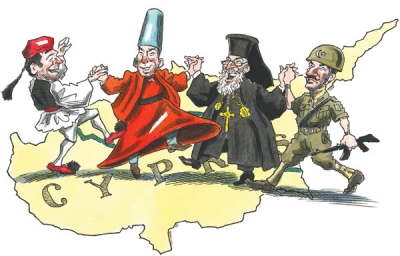
HasNa Inc. Peacebuilders of the Year (2017-’18) In keeping with HasNa Inc.’s mission to promote cross cultural understanding between ethnically divided communities, this year on the occasion of International Peace Day, we have nominated two of our long-time friends and supporters from Turkey and Cyprus respectively as peacebuilders of the